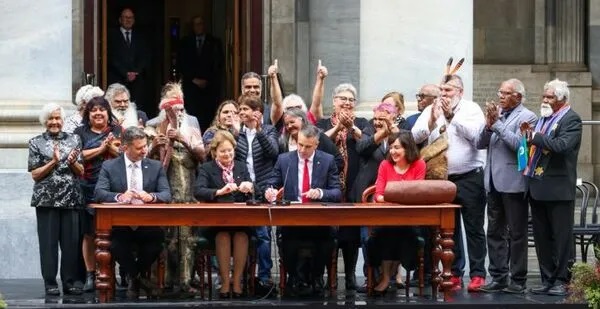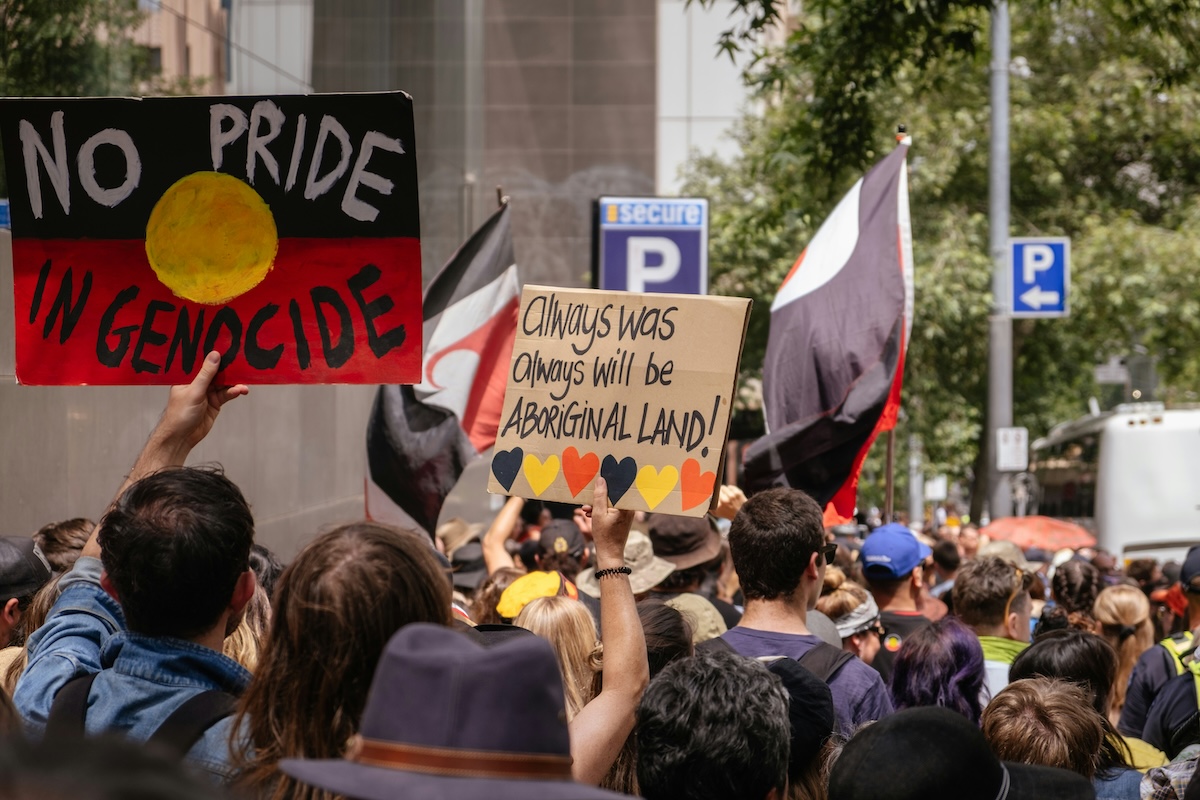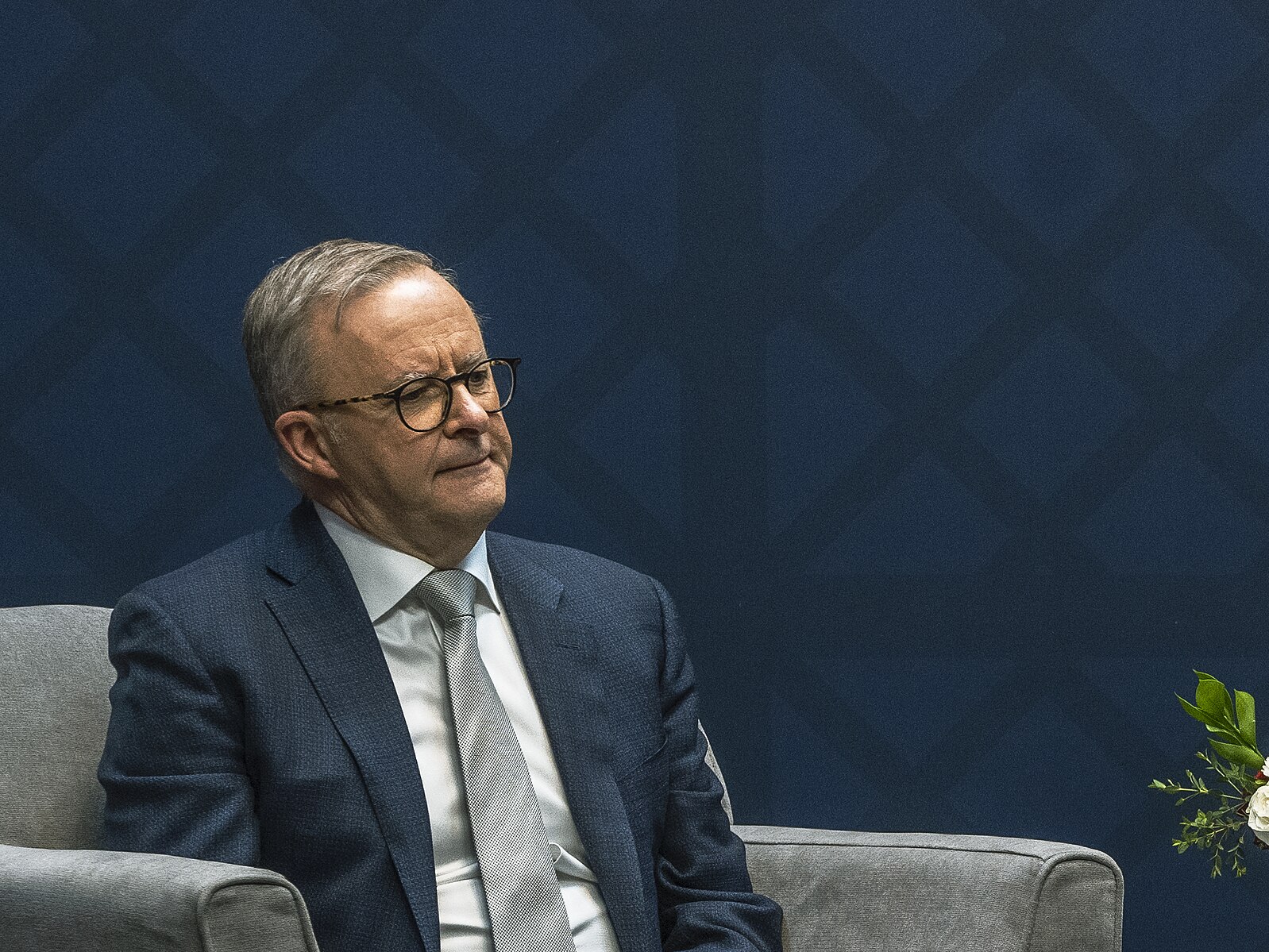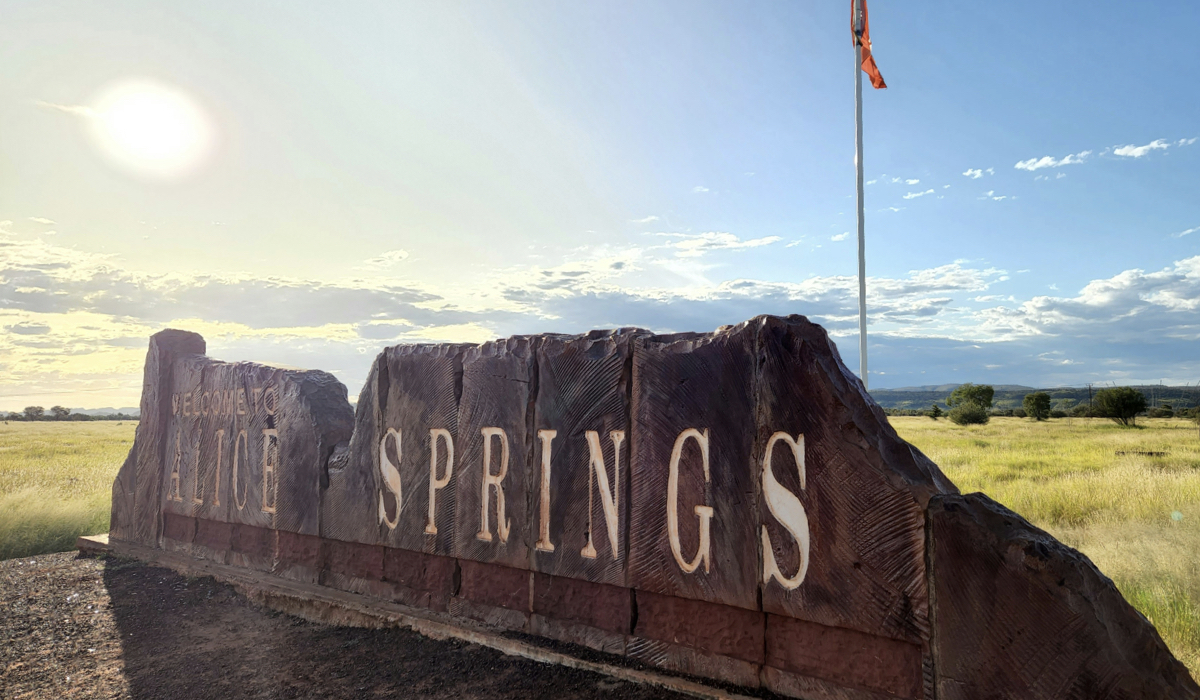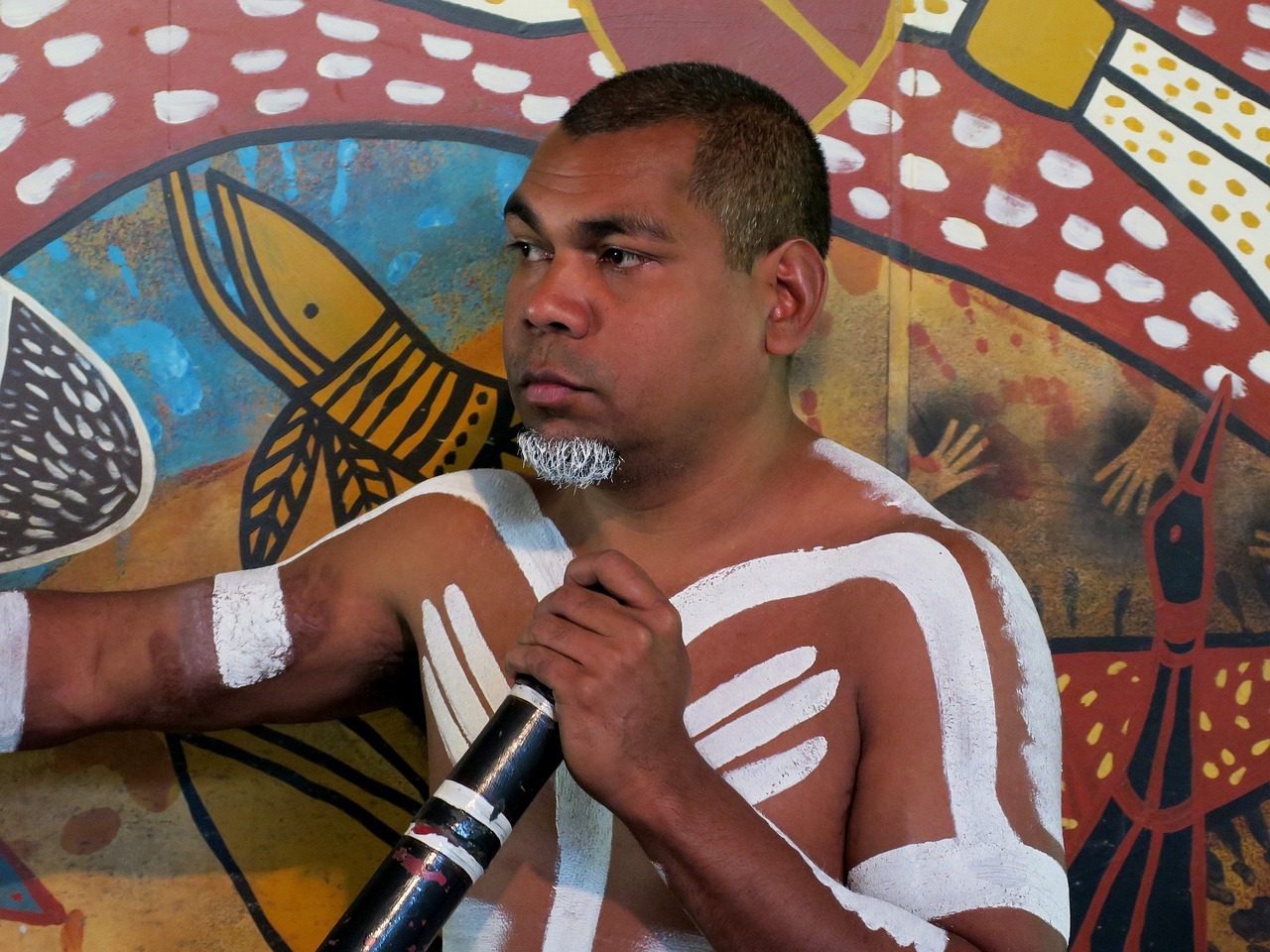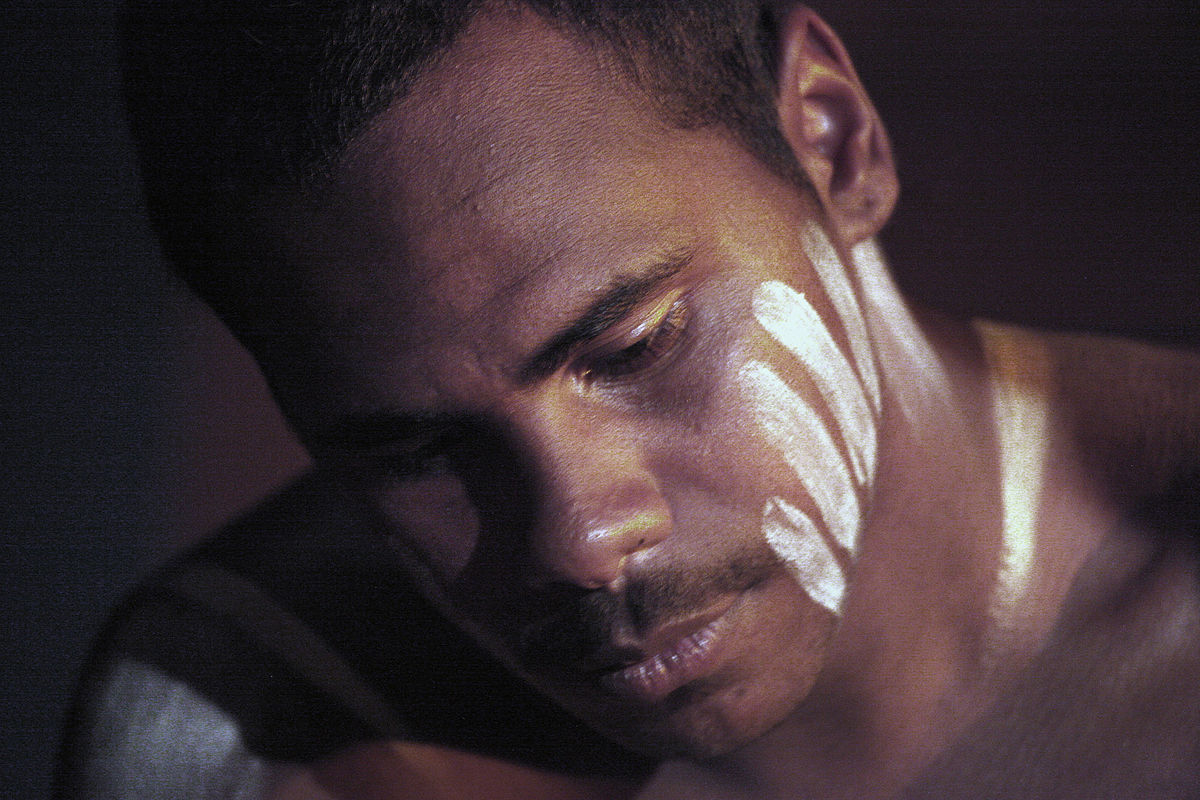
Getting There: The Resurrection of Aboriginal Cultural Heritage Legislation
It is vital that Australians work together to help preserve what Aboriginal heritage we can. The Rev Hon Fred Nile has presented an important bill to this end.
When I was CEO of the Tharawal Local Aboriginal Land Council (TLALC), I was privileged to have a team of dedicated aboriginal staff work with me to promote the protection of Aboriginal cultural heritage within the Tharawal region boundaries, stretching from the southern and southwestern Sydney area from the south side of Botany Bay, around Port Hacking to the north of the Shoalhaven River (Nowra) and extending inland west to Campbelltown and Camden.
My role at “Tharawal” — or “Dharawal” as it is referred to in historical records, from the name of the original peoples of the region — was to improve and foster the social, economic, physical, and mental wellbeing of its members and all Aboriginal people within the Tharawal LALC boundaries, but particularly to improve, protect and foster the best interests of all Aboriginal persons and Culture within the said boundaries.
It is for this reason that the tabling of Rev Hon Fred Nile’s latest proposed legislation on the Aboriginal Cultural Heritage Bill 2022 is much welcomed and long overdue.
Destroyed
Many will recall that in May 2020, Rio Tinto blasted the 46,000-year-old Juukan Gorge rock shelters in the Pilbara region of Western Australia (The Guardian, 26 May 2020). The area was sacred to the Puuti Kunti Kurrama and Pinikura peoples. Worse, the Western Australian Government’s Aboriginal Cultural Material Committee had approved the seemingly unintended destruction under section 18 of the Aboriginal Heritage Act in 2013.
One could wax lyrical for pages and pages on the need for Aboriginal cultural heritage preservation and reform, but suffice to say that unless there is legislative protection of the cultural heritage of Aborigines, it will be lost — forever. At present, most Aboriginal cultural heritage in New South Wales is protected and managed under the provisions of the National Parks and Wildlife Act 1974. Those provisions however do not give Aboriginal people enough say over the management of their cultural heritage and further,
- Are outdated and often criticised by both the Aboriginal community, industry, and development proponents,
- Are inflexible and inefficient to administer,
- Do not produce the best heritage outcomes.
Moral Obligation
What is cultural heritage, you ask? In a layman’s sense, examples include tangible assets such as visual art, food, clothing, and styles of shelter along with intangible assets such as legends, music, and values like Dreamtime or respect.
For these reasons, inter alia, the obligation to protect all aspects of Aboriginal heritage arises under numerous international instruments to which Australia is a party, including Article 27 of the International Covenant on Civil and Political Rights. More recently Australia has endorsed the Universal Declaration on the Rights of Indigenous Peoples. Article 11 (1) of the Declaration confirms:
‘Indigenous peoples have the right to practice and revitalize their cultural traditions and customs. This includes the right to maintain, protect and develop the past, present and future manifestations of their cultures, such as archaeological and historical sites, artefacts, designs, ceremonies, technologies and visual and performing arts and literature.’
There is also progress following the 2018 Draft Bill and consultation with the Minister for Aboriginal Affairs, the Hon. Ben Franklin, addressing the Aboriginal cultural heritage (ACH) reforms.
Common Duty
All Australians need to work with Aboriginal communities to celebrate, protect and manage Aboriginal cultural heritage in NSW. Whilst at TLALC, I recall working with major housing developers to ensure the protection of the Tharawal cultural heritage.
The beauty of Fred Nile’s Bill is that it is aimed at preventing the destruction of Aboriginal heritage by awarding true custodianship of sites, objects and remains to a newly created state agency: the Aboriginal Cultural Heritage Council (ACH). The ACH itself designates local services for specific sites, objects and remains of Aboriginal Cultural Heritage, and any permits to move, harm or destroy said items must be approved by the ACH in consultation with the local service and Aboriginal stakeholders.
One of the key proposed reforms by Fred Nile is that an Aboriginal Cultural Heritage Council (ACH) is to be established that has the ultimate say on whether or not a site, object or remains of Aboriginal heritage may be altered, damaged, or destroyed. The ACH must be comprised of Aboriginal persons of relevant qualifications and experience with an equal gender ratio. The ACH will create local services to manage specification sites, objects and remains.
Further, the Aboriginal Cultural Heritage Bill 2022 seeks to award custodianship of all sites, remains and objects of Aboriginal Cultural Heritage to an Aboriginal Cultural Heritage Council. The future of Aboriginal Heritage must be decided upon by First Nations peoples themselves rather than a political class of which they have little to no representation.
Time for an Aboriginal member of parliament in NSW come 2023. Semper ad Meliora.
___
Photo by Steve Evans/Wikimedia Commons.
Recent Articles
9 April 2024
1.4 MINS
The left knows that they now have a major legitimacy problem, which is why, hilariously, some activists are now demanding that voting for the Voice is made compulsory. Compulsory for Indigenous people, I mean. Non-Indigenous people needn’t bother.
8 April 2024
1.5 MINS
The recently released financial report on the Voice referendum reveals a massive spending gap between the Yes and No campaigns, thanks in large part to the top end of town.
3 April 2024
4.6 MINS
The problems facing this government require divine intervention at the very time Albanese is fighting against God. I know Easter is a time of hope and optimism. But there is no resurrecting this forlorn government.
1 April 2024
1.9 MINS
The idea that the Alice Springs violence is part of Indigenous culture is toxic tolerance. Our leaders need courage to find long-term solutions to the dysfunction.
28 March 2024
4.3 MINS
Concerns are being raised about Australia’s new Early Years Learning Framework (EYLF 2.0). Frankfurt School cultural Marxism – aka Critical Theory – saturates the 2022 nationally approved ‘scaffold to assist educators’.
23 March 2024
14 MINS
I’m leading this call today for repentance for antisemitism in the Church and of Australia’s responsibility towards Israel and the Jewish people.
7 March 2024
6.2 MINS
What is Aboriginal spirituality and belief? Less than 2% of Aboriginals identify with traditional religions or beliefs, and over 50% identify as Christians.



